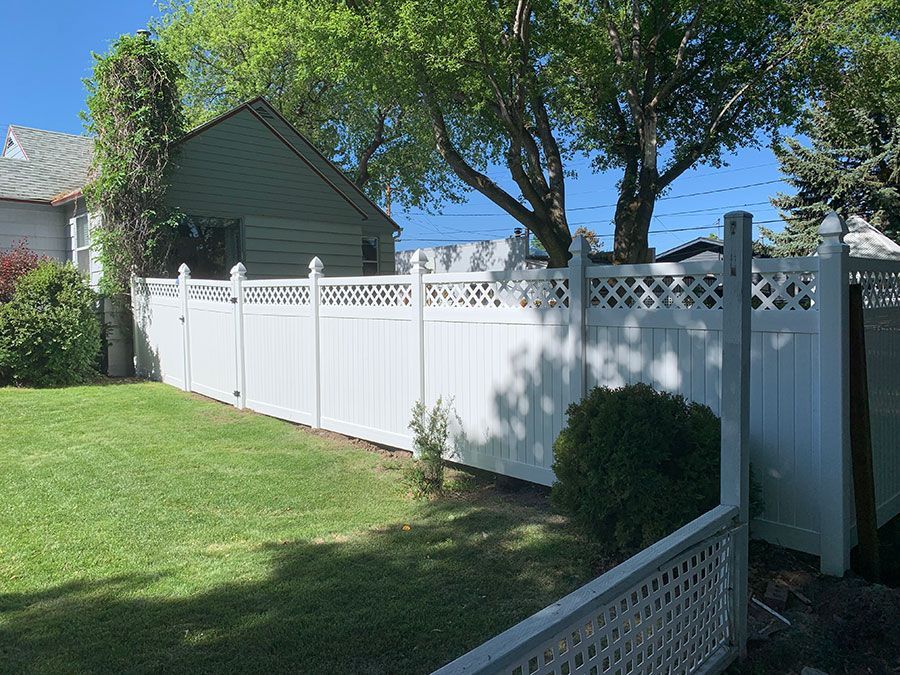How to Spot Fence Damage
Fences go through significant wear over the years, and noticing early signs of damage is crucial. Watch out for leaning sections, cracks in wood or vinyl, rust on metal parts, or sagging chain-link fences. Also, keep an eye out for missing nails, screws, or brackets and discoloration caused by mold, mildew, or UV damage.
Quick DIY Fixes
Many small fence repairs can be done easily at home. Use a hammer or screwdriver to secure loose nails or screws. Fill cracks in wooden fences with wood putty, then seal with waterproof paint. For rust on metal fences, scrub with a wire brush and apply a rust-inhibiting primer and paint. Sagging gates can be tightened by adjusting or replacing the hinges.
When to Seek Help from a Fence Repair Specialist
While minor repairs can often be done yourself, more serious issues like leaning, rotting, rust, or damaged posts require a professional’s touch. Fence experts have the right equipment and experience to handle these larger repairs effectively.
Preventative Measures
Preventing fence damage is easier than repairing it. Regularly inspect your fence for signs of wear. Protect it with stains, paints, or rust inhibitors based on its material. Trim plants around the fence to prevent moisture and pests. Also, check that the posts are anchored securely to prevent leaning or sagging.
